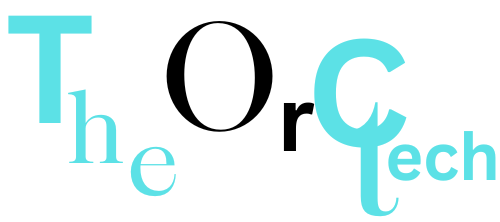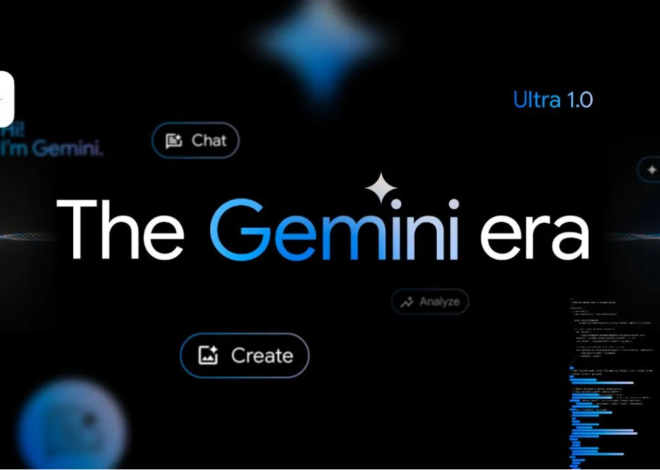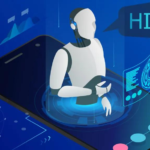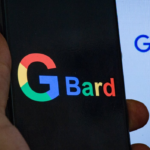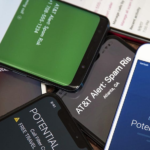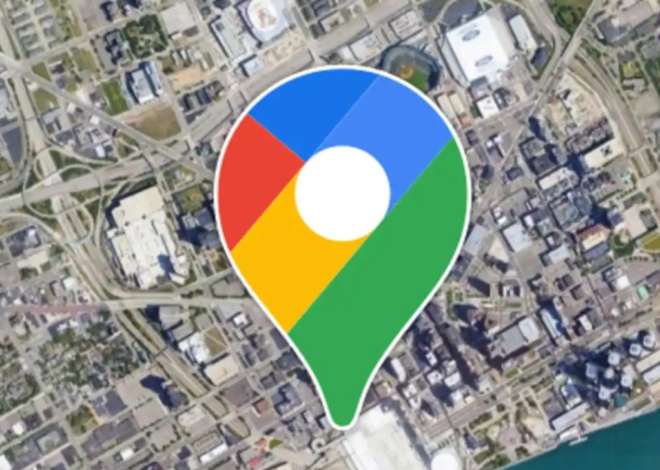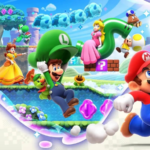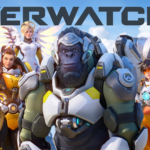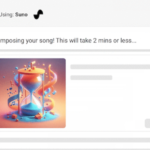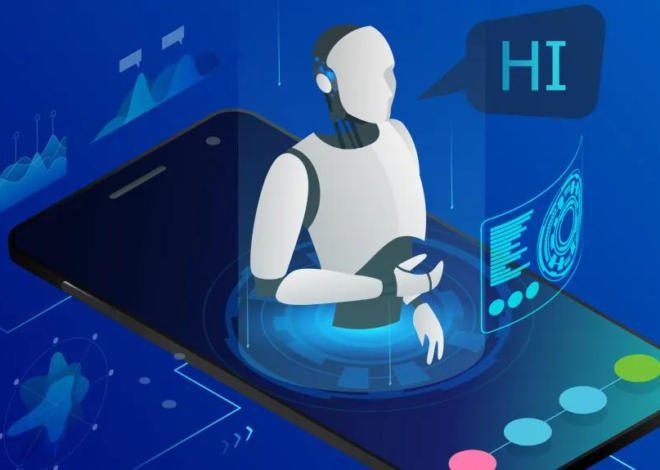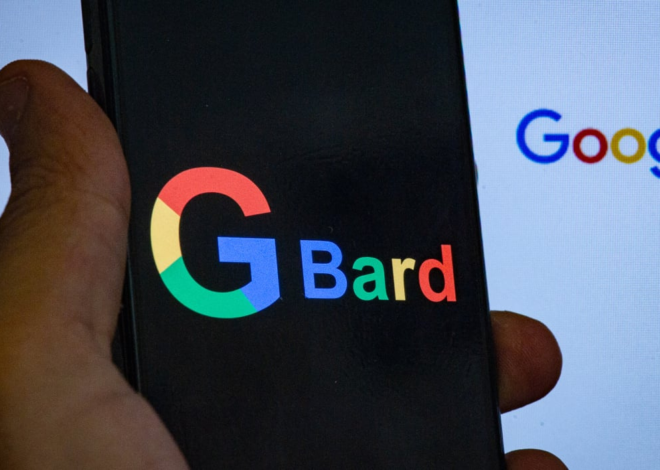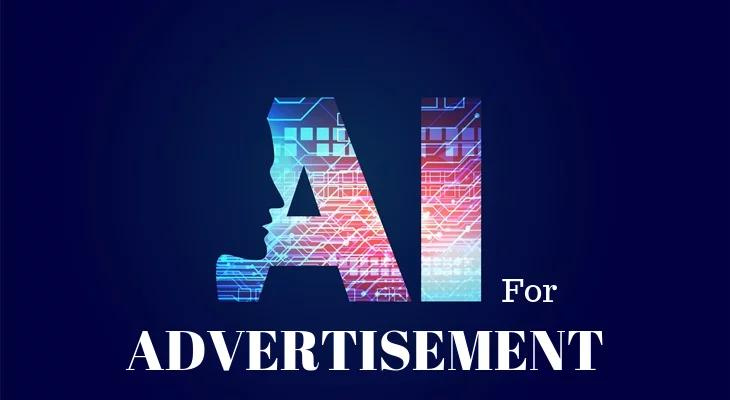
The Advertising Evolution: Big advertisers shift to AI (AI in Advertising)
“In the digital age, AI isn’t a choice; it’s a necessity for advertisers aiming to survive and thrive”.
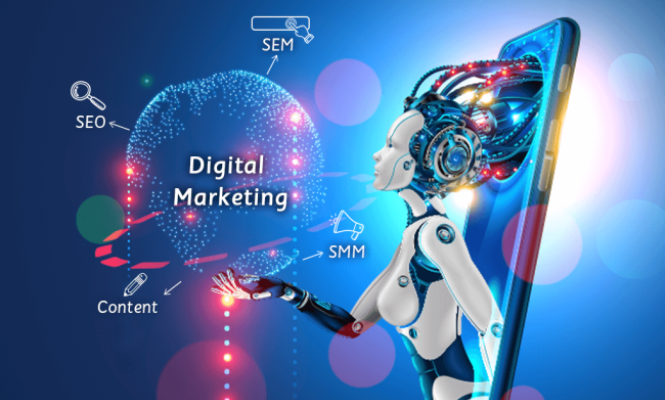
In recent times, “AI in Advertising” with industry giants like Nestle and Unilever leading the way, have been harnessing the power of generative artificial intelligence (AI) to transform their marketing efforts. The shift to AI-powered software like ChatGPT and DALL-E is not only cutting costs but also supercharging productivity.
You May Also Like “Role of AI in Construction“
Big Advertisers Embrace AI for Efficiency and Innovation
Executives within these advertising juggernauts are recognizing the potential of generative AI to reshape their industry. This revolutionary technology has gained widespread attention, captivating the public’s imagination and piquing interest across various sectors. Marketing teams are banking on AI to deliver advertising solutions that are not only cheaper but also faster and more versatile.
Investing in AI: A Game-Changer for Advertising
Anticipating that AI could forever change the way products are brought to market, major consumer goods companies and the world’s largest advertising agency, WPP, are making substantial investments. Generative AI distinguishes itself by not merely categorizing or identifying data like traditional AI but by generating seemingly original text, images, and even computer code based on past data.
WPP, in particular, has been at the forefront of this transformative wave. Collaborating with consumer goods giants such as Nestle and Mondelez, they’ve integrated generative AI into advertising campaigns, resulting in remarkable cost savings. For instance, instead of flying a film crew to Africa to shoot a commercial, WPP has virtually created the same content. (Case Study of AI Marketing Official Report)
Empowering Small Businesses Through AI in Advertising
WPP’s innovative approach extends beyond industry giants. They recently partnered with Mondelez on an AI-driven Cadbury campaign featuring Bollywood superstar Shah Rukh Khan. The campaign, designed to encourage shoppers to visit 2,000 local stores during Diwali, generated tremendous success. Small businesses were provided with a platform to create their versions of the ads, tailored to their stores, which garnered a staggering 94 million views on YouTube and Facebook.
Investing in the Future: AI Education and Training
Recognizing the potential of AI, WPP has invested in the next generation of marketers. They’ve established an “AI for business” diploma program, in collaboration with the University of Oxford, focused on data and AI training for client leaders, practitioners, and WPP executives. With 20 young AI apprentices in their early twenties, WPP is preparing for a future where AI plays an increasingly pivotal role.
Nestle: AI-Powered Marketing Innovation
Nestle, another industry titan, is also harnessing generative AI, with ChatGPT 4.0 and DALL-E 2 in their marketing arsenal. Aude Gandon, Nestle’s Global Chief Marketing Officer, emphasizes how AI responds to campaign briefs with fresh ideas and inspiration that align perfectly with brand strategy. These ideas are then further developed by the creative team to produce content for their websites.
The Evolution of Creativity: Generative AI in Advertising
While the debate continues among lawmakers and philosophers about whether content generated by AI can rival human creativity, advertisers are already embracing this technology in their campaigns. AI is not meant to replace human creativity but rather to enhance it, making advertising more efficient, cost-effective, and targeted.
You May Also Like “Will Robots Take Over the World One Day“
Conclusion
The shift of big advertisers to AI represents a transformative wave in the advertising industry. With generative AI, marketers have a powerful tool to streamline processes, reduce costs, and create innovative campaigns. While challenges like security, copyright, and biases remain, the future of advertising is undeniably intertwined with the possibilities that AI brings.
